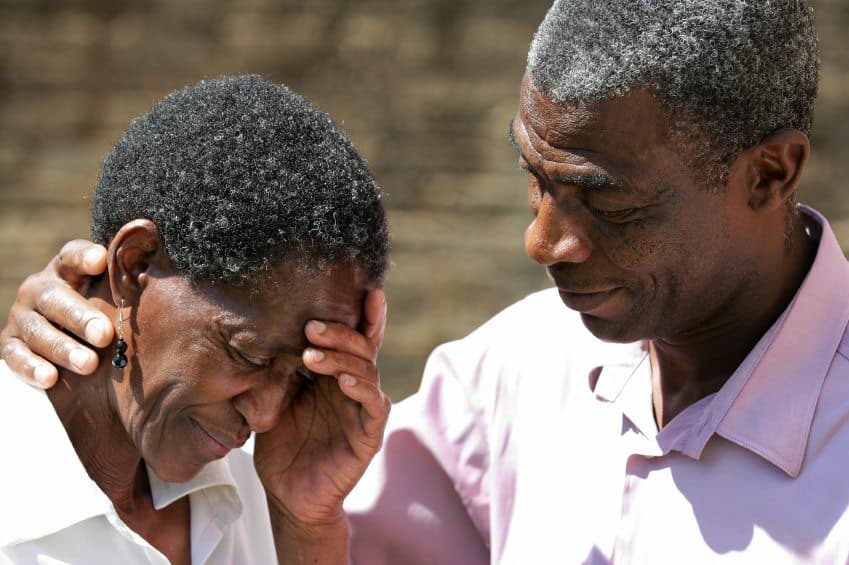
Infidelity Therapist to Help You Tell Your Partner
INFIDELITY THERAPIST NEAR ME
HOW TO TELL YOUR PARTNER
MAPLEWOOD, NEW JERSEY
Need a Infidelity Therapist
to help you tell your partner?
We Can Help
Contact Us | Trusted Infidelity Therapy
How an Infidelity Therapist Can Help
Coming Clean and Being Honest
Want to know what to do about infidelity and how to tell you partner or spouse before they find out? Infidelity is extremely difficult to admit to, but continuing to be dishonest, lie and deny things can be even more harmful not only to the relationship, but the person having the affair. So many men and women who start affairs can’t even believe the Made such. mistake. “It is never something I thought I would do”, “I can’t believe I’m here”, “I’ve always been faithful and thought affairs happened to other couples”. And now you find yourself in an affair and the guilt is destroying you. You may need an infidelity therapist to help.
Understanding Infidelity
Is this You?
- you were vulnerable to infidelity because of lack of connection, passion and feeling like you don’t matter
- the kids, work, everything but the realtionship was a priority
- we became so distance in your marriage over the years and felt unhappy and alone
- there is/was some kind of thrill and adrenaline rush – maybe feeling alive again
- it just felt good to be wanted for the first time in a long time
- the infidelity may be masking an underlying issue such as depression, grief or trauma from the past
When things aren’t going well at home other things can happen. The insidious effects of the lack of connection can often start the process with what feels like is harmless flirting, texting and talking. Slowly you start wanting to do it more and more. Secretly you find ways to connect with the other person. Sometimes your spouse or partner senses something and starts questioning you, but you deny things when your spouse questions you, which really feels lousy.
When couples feel disconnected, forming a connection with someone else can (unfortunately) happen. Some couples realize they have lost the connection and choose therapy to help them and work on reconnecting before it goes down that path. Others may not really be aware of what they’re doing. Not feeling good about the marriage or relationship and then someone else pays attention to them – it can happen easily in these situations.
Once lines are crossed…
The toll an affair takes on the person having the affair can be huge. Good marriages and people do end up here. It usually happens over time – a couple becomes disconnected. Circumstances of busy lives, raising children, pressures at work, and trying to manage it all. Finding it difficult to maintain your connection and giving the relationship the attention it needs is very challenging. Depression, disappointment, anger, loneliness, not feeling like a priority, no sex or intimacy, frequent fights can all take a toll on your relationship.
How do I Tell My Wife, Husband or Partner About Current or Past Infidelity?
It’s not an easy thing to do. You may need an infidelity therapist to help.
Are you still having the affair? Are you trying to end it? Is the affair in the past, but guilt about the betrayal is eating away at you?
Fear of losing your marriage and family is the biggest reason people don’t want to admit to infidelity. So much pain it will cause and so much to lose if things can’t be worked out. Also, ending something that has given you much needed attention can be very difficult. It can cause men and women to feel grief, especially if you formed an attachment to the other person. You find yourself in a really hard place to be. Letting go of the affair may be painful (or not) and telling your spouse will be painful.
You may be ready to take the steps to end an affair and/or tell your spouse about the infidelity. You may need help doing this in the most sensitive and safe way possible. An infidleity therapist can help you do this in a safe place. You can take the steps to repair the damage, understand, talk and reconnect.
Need help healing your relationship? Contact Maplewood Counseling in Essex County New Jersey and let an experienced infidleity therapist help you take the steps to heal infidelity.


